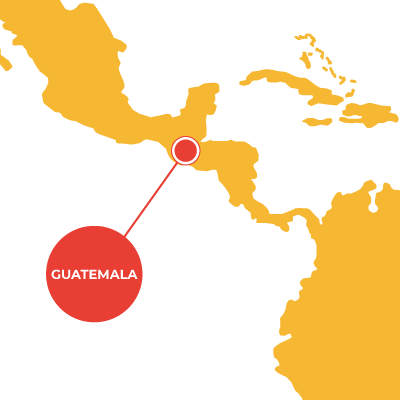Human mobility from disasters and climate change in Central America
The environment governs life and all its forms by providing the conditions for the formation, adaptation and maintenance of individuals and communities. Thus, when sudden or gradual extreme events such as storms, earthquakes or drought, among others, exacerbated or not by climate change, the living conditions of populations suffer alterations that can force their members to leave their territories, affecting their sources and forms of social reproduction.


